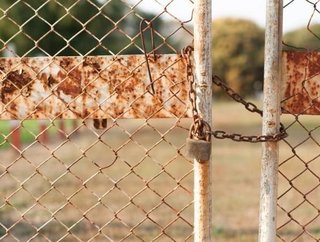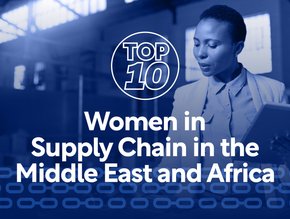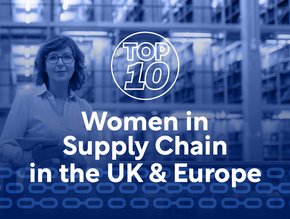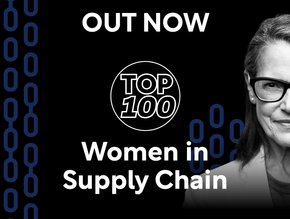Top 10 countries with the least resilient supply chains

A range of threats have been taken into account in the 2016 FM Global Resilience Index, which is the definitive global ranking of countries’ business resilience to supply chain disruption.
FM Global is one of the world’s largest commercial property insurers and has ranked 130 countries according to nine key drivers that can affect the vulnerability of a business operating in any one of the countries. These drivers are categorised under three core resilience factors which consist of Supply Chain, Risk Quality, and Economic Factors.
FM Global believes that all loss is preventable, and has created this publicly available tool to help multinationals make more informed decisions when expanding (or expanding their supply chains) into new territories.
10) Honduras
Honduras is subject to a tragically unavoidable driver of poor performance in the rankings - its proximity to natural disaster hotspots (as well as the measures in place to tackle subsequent damage to supply chains affected by disasters.) More manmade natural disasters are also becoming a decisive risk-factor in the wake of increased illegal logging in the South American country.
9) Jamaica
Similar to Honduras, Jamaica is faced being in a disaster-prone location while having the inadequate response resources in place to adequately mitigate supply chain disruption. The Caribbean island operates under a mixed economy and has a number of infrastructure systems in place but these require more investment in order to be resilient.
8) Algeria
Algeria’s economy has been reliant on hydrocarbons for some time, which typically account for around 60 percent of government revenues. Coupled with the threat of terror and the slump in global oil price, the country’s supply chains have been subject to increasing risks which is reflected by a seven-place drop on last year’s rankings.
7) Egypt
Egypt’s situation is similar to that of Algeria’s, although the North African nation has not suffered as much from the oil price slump due to its more diversified economy. Its business environment has been in a state of uncertainty since the revolution in 2011 but has made some recovery. Commentary from across the political spectrum is calling for an improvement in governance, institutions and human rights.
6) Ukraine
Geographically, Ukraine functions as a trade route and oil pipeline between Europe and Russia, which makes the ongoing turmoil there all the more important on an international scale. The report says: “Ukraine, already one of the biggest fallers last year, is again one of the biggest fallers this year, dropping a further 18 places. On the political risk dimension alone, Ukraine dropped from 106 last year to 128 this year, as the integrity of the country continues to be threatened by a high degree of tension from both within the country and with Russia.”
5) Mauritania
While Mauritania is home to substantial iron deposits, the African nation remains plagued by poor infrastructure connections alongside widespread poverty. The report also highlighted “poor quality local suppliers” as a factor for explaining its low ranking – a factor any supply chain manager would be wise to take serious note of.
3) Kyrgz Republic
Corruption weighs heavily on the international reputation of Kyrgyzstan following its consistently unfavourable placing on the Corruption Perceptions Index (CPI) preceded by two revolutions in the past decade. The country itself has improved economic output in the past twenty years but it remains to be seen how serious the new government is in tackling corruption.
2) Dominican Republic
The FM Global Index highlights that Venezuela and the Dominican Republic are countries where there is a particularly strong need for investment in risk management controls and techniques. The country ranks poorly on the CPI index and sources from the World Bank has confirmed the presence of corruption up to the government level. The country is also struggling to meet its energy demands, further harming its resilience.
1) Venezuela
Alongside numerous points of correction required for its ability to avoid, manage and mitigate risk, Venezuela has been flagged by FM Global for its poor infrastructure and high levels of corruption – these factors have ensured that it has retained its bottom place for the second year in a row. The country is currently facing its highest ever levels of currency inflation amid a host of other economic woes. Hit hard by the global economic crisis and, more recently, the global oil slump, Venezuela’s infrastructure is facing chronic under-investment as a number of multinational companies slow or cease their operations in the South American nation. Venezuela is also exposed to the threat of earthquakes and damaging winds.
Supply Chain Digital's July issue is now live.
Follow @SupplyChainD and @MrNLon on Twitter.






